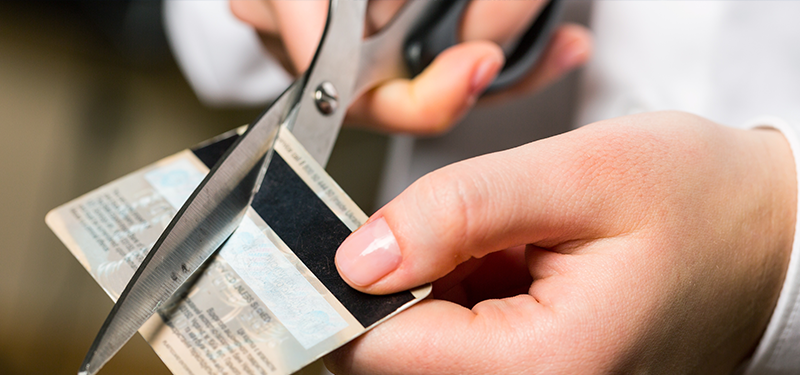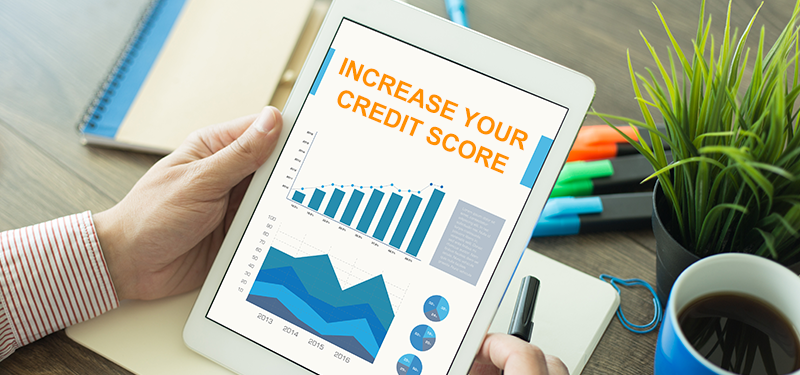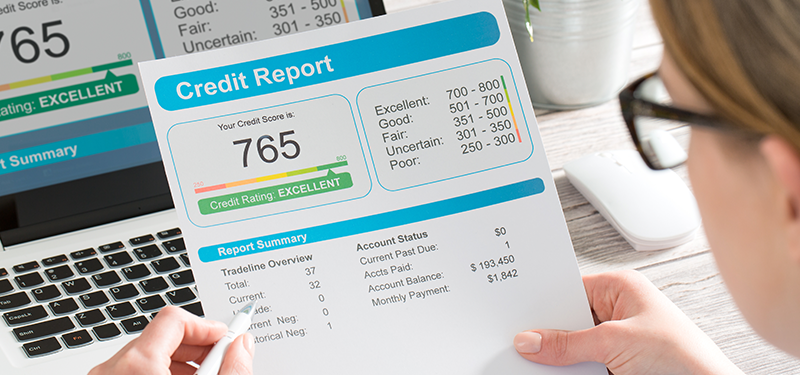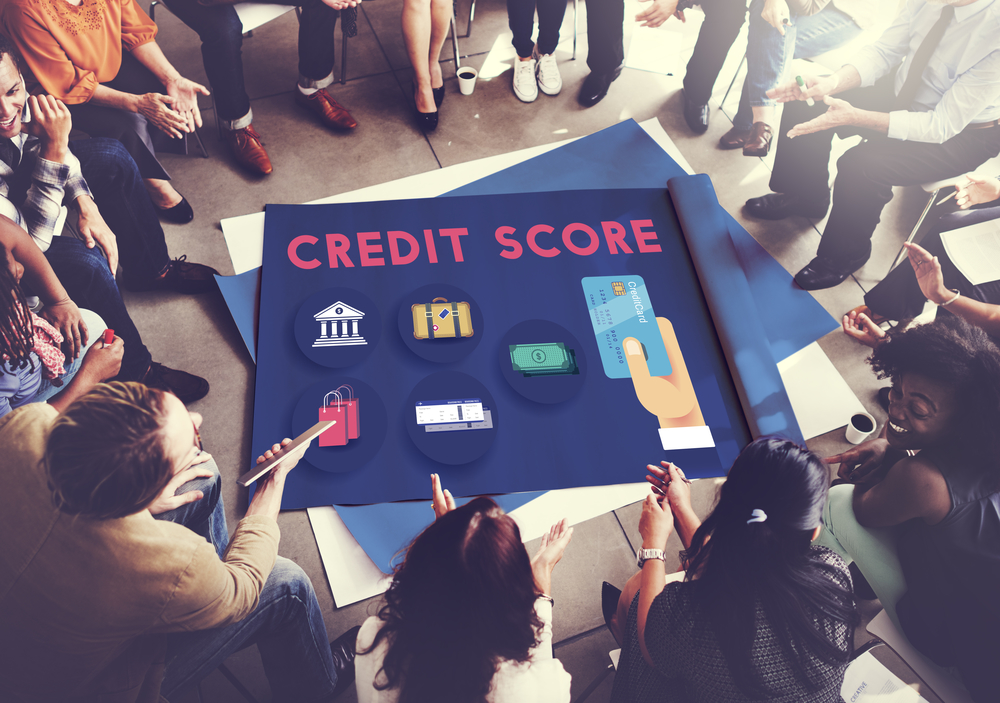How much will credit score increase after paying off credit cards

The second most heavily weighted factor in credit scoring is how much of your available credit you're actually using. The lower your balances compared to your credit limits, the better. Here are a few tips on paying down your debts to best serve your credit score…
Prioritize your debts by how close the balances are to the credit limits: If boosting your score is your goal, look for the card or revolving account that's balance is closest to its limit. Make the biggest effort to pay as much as you can to this account while still maintaining at least the minimum balance toward the other accounts so that you don’t receive any late payments. After that account is paid down below 40% or so, you can then switch to the account that's the second closest to its limit. Your goal should be to eventually pay off all of your debt, continuing in this round-robin fashion. This is part of the normal suggestions we give customers of The Credit People that are focused on improving credit scores above all.
Avoid consolidating your debts: Many people want to transfer their balances to a single card, either to take advantage of a low rate, or for the convenience of having only one due date and interest rate to worry about. But for credit scoring purposes, it's typically better to have small balances on a number of cards than a large balance on one card or other revolving line of credit. That's because the score looks at the gap between the balance and the limit on each card, as well as on all of your cards put together.
If you've already consolidated, you should most likely just stay put. Applying for new credit or transferring balances, as noted earlier, can negatively impact your score and offset any gain you might achieve.
If you think all of this doesn't apply to you because you never carry a balance, think again.
Having a lack of credit history for any given time can also cause “anxiety” when formulating your credit score. It might take years, but if you do not use any credit, it will begin to affect your score over time. More importantly, is how your “credit mix” is affected by the lack of revolving credit accounts present in your credit file. This is not the same as having a credit card with a zero balance; this is when you choose not to have any credit cards at all. A lack of credit cards or “revolving” credit within your credit file will negatively affect your score as well.
Keep these tips in mind when you’re paying debts and closing accounts to ensure the best possible outcome for your credit score.





